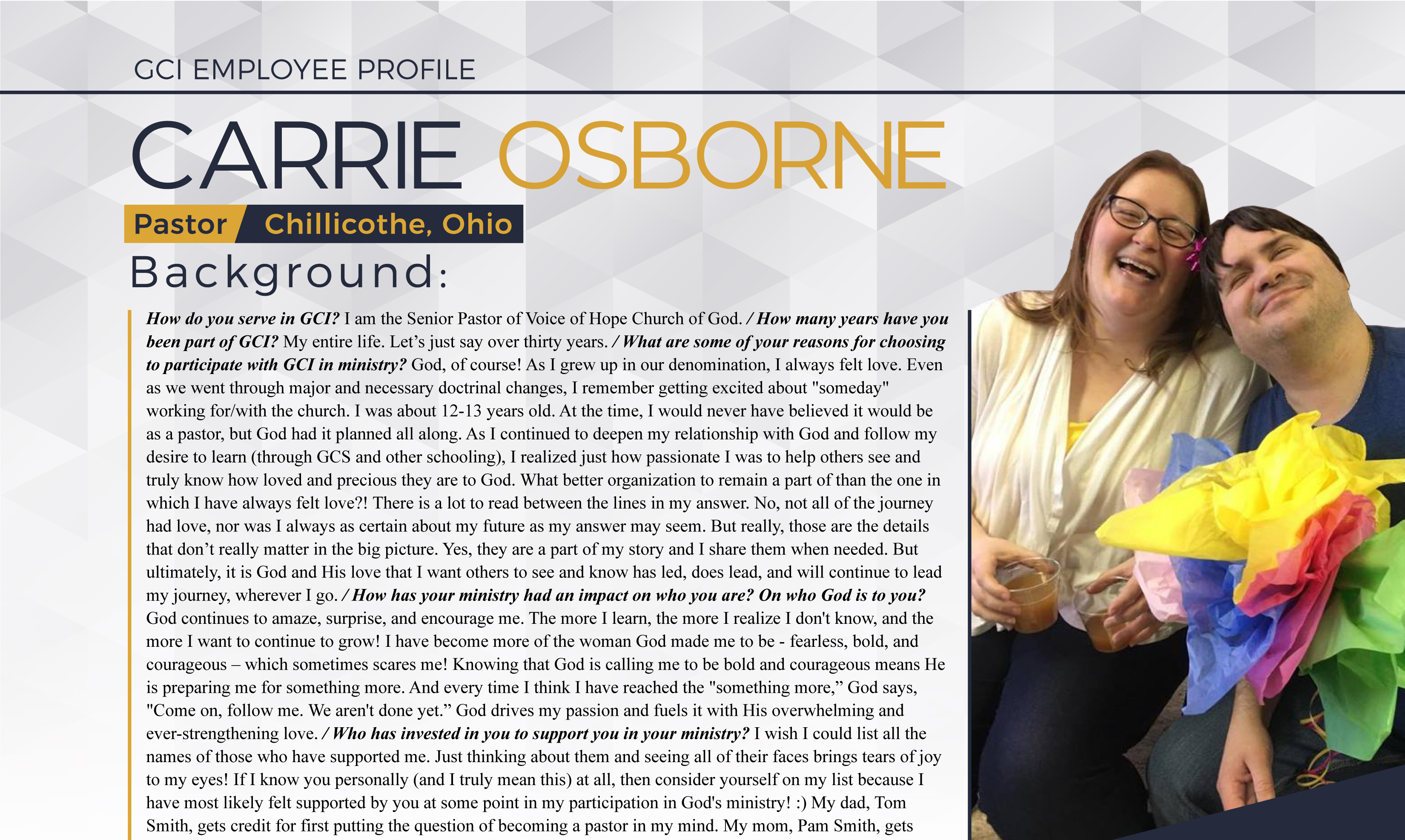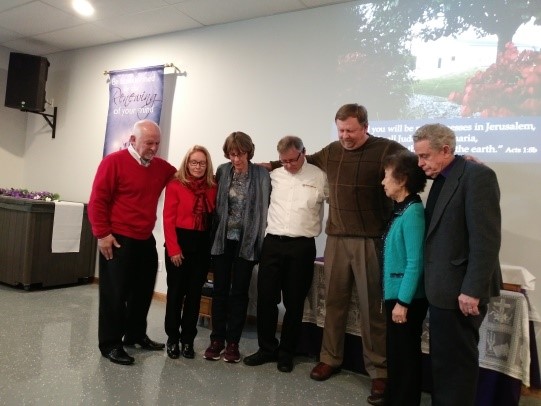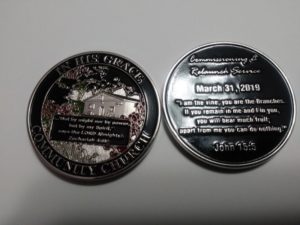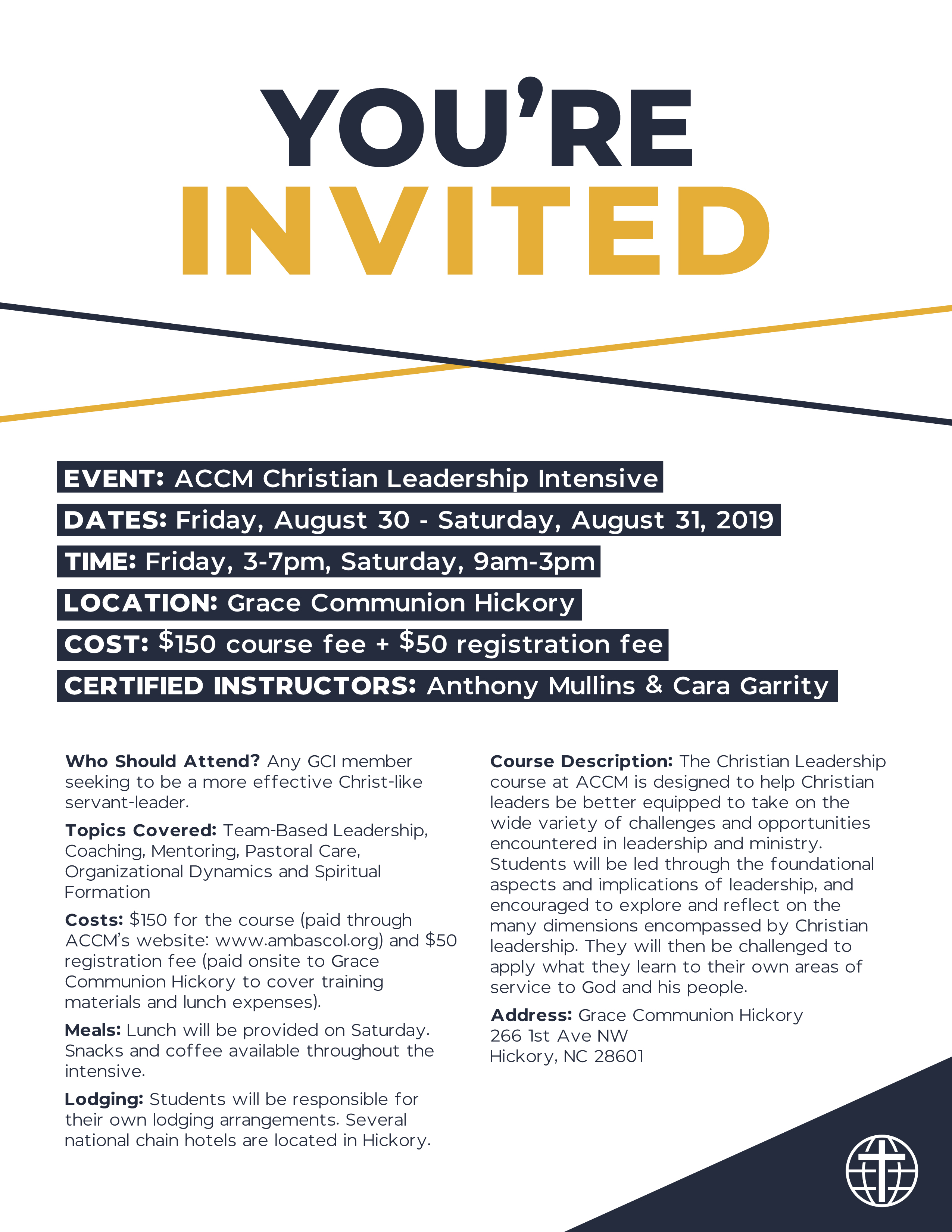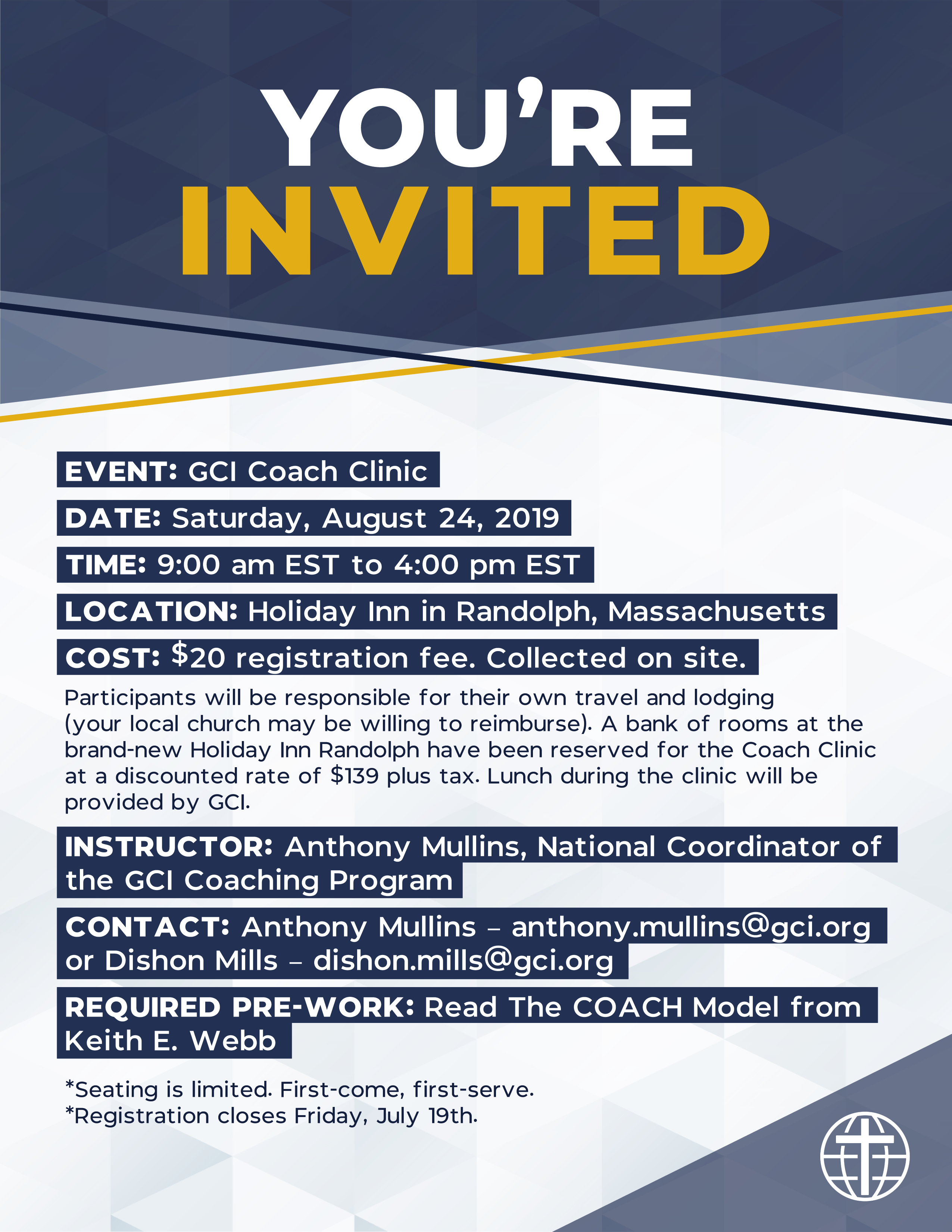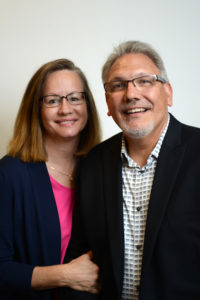
What does it mean for a believer to be alert and prepared in anticipation of the second coming of Jesus? That question could get all kinds of different answers from many people, but what does scripture tell us?
The book of Revelation represents God’s people as the “bride” to be joined to Christ, the “bridegroom.” The apostle John wrote, “his bride has made herself ready” with “fine linen, bright and clean,” which is “the righteous acts of God’s holy people” (Rev. 19:7–8). So, we see that the bride—the church—continues to grow in grace and knowledge of Jesus until his appearing. The bride is in a state of readiness.
In 1 John we see a further connection between eschatological hope and ongoing spiritual purification: “But we know that when Christ appears, we shall be like him, for we shall see him as he is. All who have this hope in him purify themselves, just as he is pure” (1 John 3:2–3). Peter also wrote about this in light of the world’s coming dissolution. He says, “You ought to live holy and godly lives as you look forward to the day of God and speed its coming” (2 Peter 3:11–12). And Paul’s letter to Titus connects our “blessed hope” (Titus 2:13) with a summons “to live self-controlled, upright and godly lives in this present age” (Titus 2:12). The New Testament paints a progressive picture of believers actively participating in the Spirit’s transforming work and growing up into the stature and fullness of Jesus. In other words, it shows believers being in a state of readiness.
From a pastoral standpoint, these passages suggest we evaluate eschatological teachings in terms of their practical effects. Do our lives reflect a state of readiness in our anticipation of Jesus’ return? I’d suggest it is exceedingly difficult to see how the biblical call to self-denial and godly living—being in a state of readiness—can flourish in the realm of universalist theology. Who would need to focus on cooperating with the Spirit’s work in their personal life, or be watchful and alert to the Lord’s second coming if a universalist outcome were already known in advance? Some Christian universalists, including Origen, acknowledged this problem and suggested that universalism should be kept secret from the masses and disseminated among only a select few. A novel approach, and I would add that the scripture clearly acknowledges that Jesus knows who belongs to him and none will be snatched from his sure hands (John 10:27-29). Thankfully, we don’t have to bridge the problem stated by Origen. We don’t judge the readiness of others; we point them to Jesus. We can let Jesus be the final judge of humanity and rest assured that he will sort it out perfectly.
In Matthew 24, Jesus answers the disciple’s questions about end-time events and what to expect in their future. While Jesus primarily responded to the pending destruction of the temple in 70 A.D., he also shared certain principles that apply to his followers throughout the ages. We are to watch and continue as faithful servants – in essence, to continue Living and Sharing the Gospel (GCI’s mission statement). “Blessed is that servant, whom his lord when he comes shall find so doing” (Matthew 24:46).
Readiness is not being hunkered down in a Y2K fashion. We aren’t in the drama “The Walking Dead” fighting for survival. We are in a state of readiness—continually fulfilling our God-given mission of Living and Sharing the Gospel; as we live peaceable lives, caring for our families, active in the ministry of our church, and sharing the love of Christ where and when we can. Always praying come, Lord Jesus, come.
In readiness for his return,
Greg Williams




